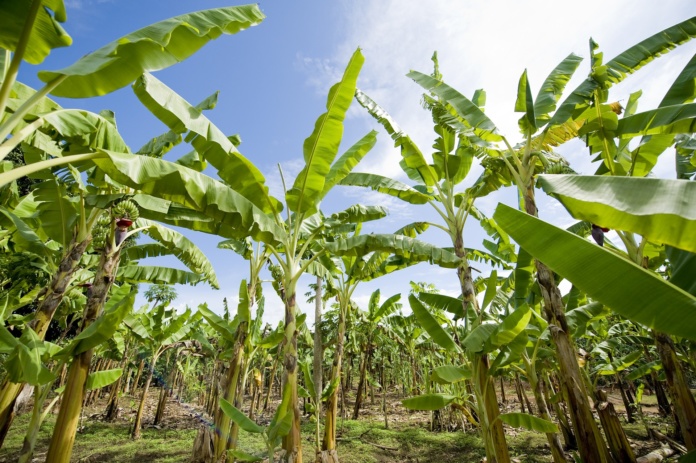Edited by Bridget Harney
Slavery was abolished in Martinique in 1848. But today the islanders are victims of a toxic pesticide called chlordecone, that’s poisoned the soil and water and been linked by scientists to unusually high rates of prostate cancer.
Chlordecone was used officially for over 10 years on banana plantations, despite its harmful effects already being known at the time. Today, more than 90% of Martinicans have traces of it in their blood. The pollution it’s left behind means many can’t grow vegetables in their garden soil or eat fish caught close to the shore.
French President Emmanuel Macron has called it an ‘environmental scandal’ and has said the state ‘must take responsibility’. But some activists on the island want to raise wider questions about why the pesticide was used for so long. It’s clear to them that the banana farmers who used the toxic chemical are, in many cases, descendants of the slave owners who once ran Martinique, and that these people still enjoy considerable economic power.
This podcast episode, from the series Crossing Continents, was released 19 November, 2020. Listen here or on BBC Sounds.

